9 Places to Visit Before They Disappear
Earth is home to some incredibly beautiful destinations.
But unfortunately, some of the most stunning natural sites and iconic man-made structures are in danger of disappearing because of climate change and human carelessness.
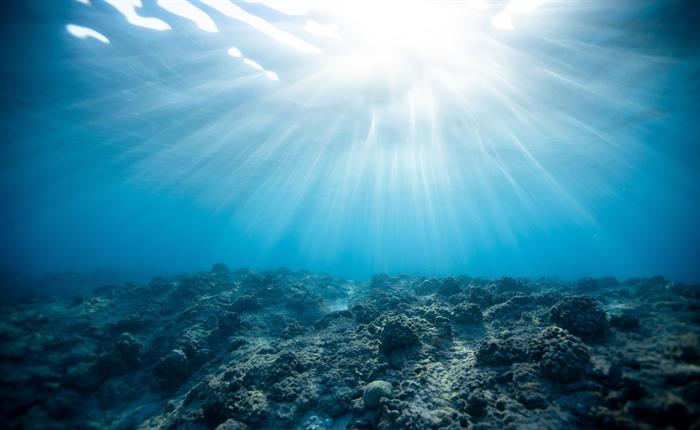
Photo by Jeremy Bishop from Pexels
1. Great
Barrier Reef, Australia
The
Great Barrier Reef is one of the most biodiverse places on the planet, at least
for now. It’s home to over 1,500 species of fish, 600 islands, and 2900 coral
reefs. However, the iconic and beloved
reef has lost about half of its coral coverage over the last 30 years as a
result of increased ocean acidification, tropical storms, and coral bleaching.
Should sea temperatures and carbon pollution keep rising, experts predict that
the coral communities could face irreversible damage by 2030.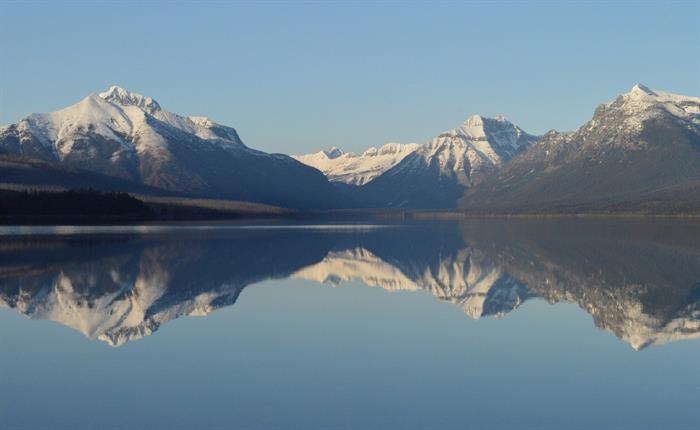
Patagonia Ice Fields, Argentina
2. Patagonia Ice Fields, Argentina
Now is the time to see the largest body of ice in the
southern hemisphere outside of Antarctica. The glaciers of Patagonia are
thinning at the average rate of six feet per year. Only three of the glaciers,
including the most famous Perito Moreno, have been expanding in recent
years. The other 90 percent are
shrinking. Experience the Ice Fields before they are lost to the sea.
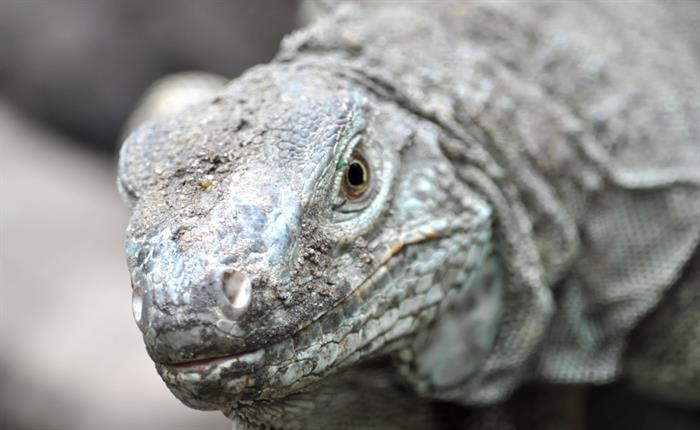
3. Komodo
Island, Indonesia
This
Eastern Indonesian national park attracts underwater photographers as well as
divers for his generous wealth of coral species and marine mammals that are
rare. Backpacker tourism, coral bleaching, and acidification of the ocean are
threatening to kill these spectacular reefs of this once untouched island.
4. Dead Sea, Israel, Jordan & Palestine
It’s ironic to state, but the Dead Sea is
finally dying. The sea has long
attracted sunseekers and tourists from around the world. It’s known for its
high salt levels which allow visitors to float without effort and alleged
curative properties. There are about 1,000 sinkholes that have emerged in the
past 15 years. Geological and man-made factors are contributing to the demise
of this ancient sea – the water levels are falling at a rate of around three
feet per year.
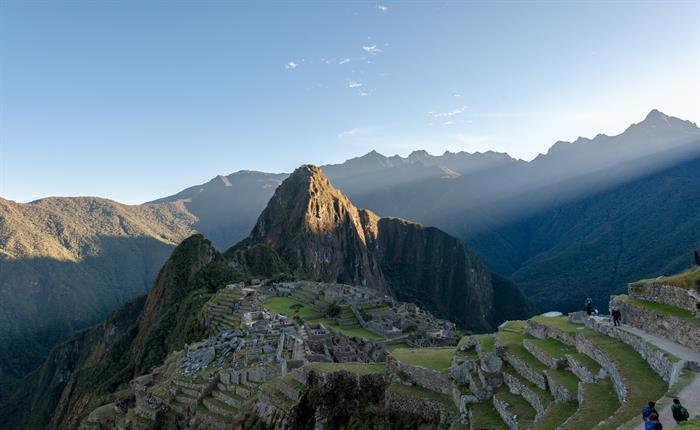
5. Choquequirao Archaeological Park, Peru
The “other Inca Trail” is tricky to reach and still
fairly unknown. It’s Machu Picchu’s forgotten cousin. However, there are no
plans in place to lay a fast road link from nearby Cusco and a cable car being
built across the Apurimac valley. It won’t
be long before there are thousands visiting who visit Machu Picchu every day.
Go now and you’ll have a chance to see the ruins before they’re overrun with
hoards of tourists.
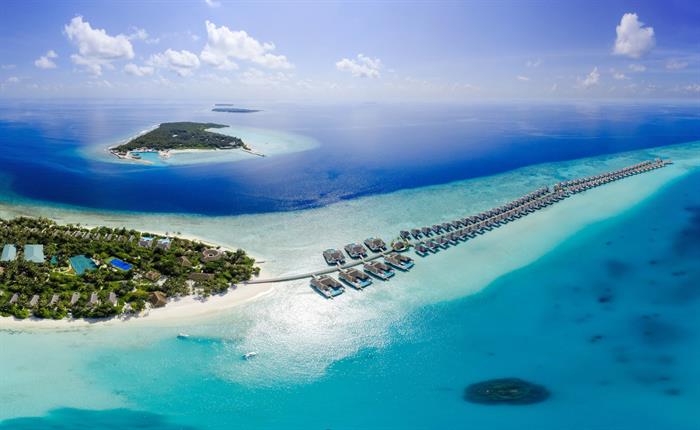
6. The Maldives
By the end of the twenty-first century is when the UN
Environmental Program has predicted that the Maldives could become the first
nation to be lost to the ocean. Home to pristine beaches, stunning snorkeling spots
and five-star resorts lure droves of visitors to the Maldives every year. If
sea levels continue to rise at their current rate, the future does not look to
bright for the world’s lowest lying country.
7. The Sundarbans, India & Bangladesh
The Sundarbans (or “beautiful forests”) is on
the border of India and Bangladesh and is home to a wealth of threatened
species. These include the world’s last
population of mangrove-dwelling tigers and the tree-climbing mudskipper fish.
Recognized as a World Heritage Biosphere, the Sundarbans are under increasing
threat from harmful sewage, heavy deforestation for timber in the area, and
industrial pollution.
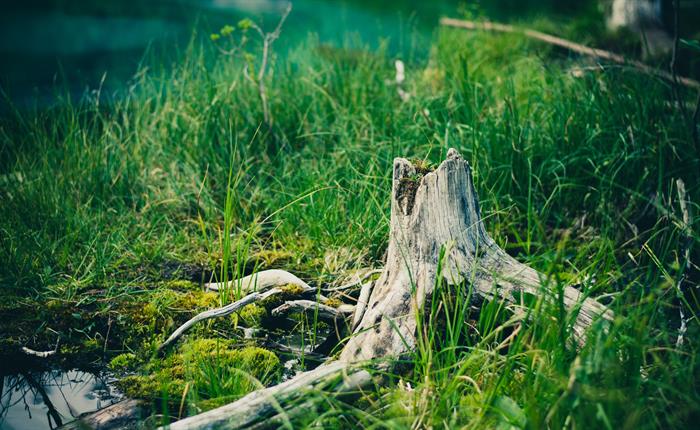
8. Amazon Rainforest, Brazil
The vast forest is nicknamed the “Earth’s Lungs” for good
reason. It is millions of years old and
is home to over a third of the planet’s plant and animal species, as well as
some of the world’s last uncontacted tribes. Around 40% of the Amazon has been
destroyed over the past 40 years, primarily for mining, illegal logging, and
industrial agriculture.
9. Glacier National Park, Montana, USA
There are over 700 miles of hiking trails that
span gorgeous lakes and alpine meadows in Montana’s Glacier National Park. It’s
a favorite with both outdoorsy locals and visitors. Soon though, this national
park in all its ruggedness may soon be faced with a change of name. Only 25
remain from the original 150 colossal glaciers that existed in the park just
100 years ago. Should the planet to continue to warm at the current rate,
scientists give the surviving glaciers a lifespan of just 15 years.